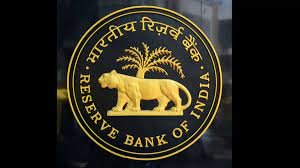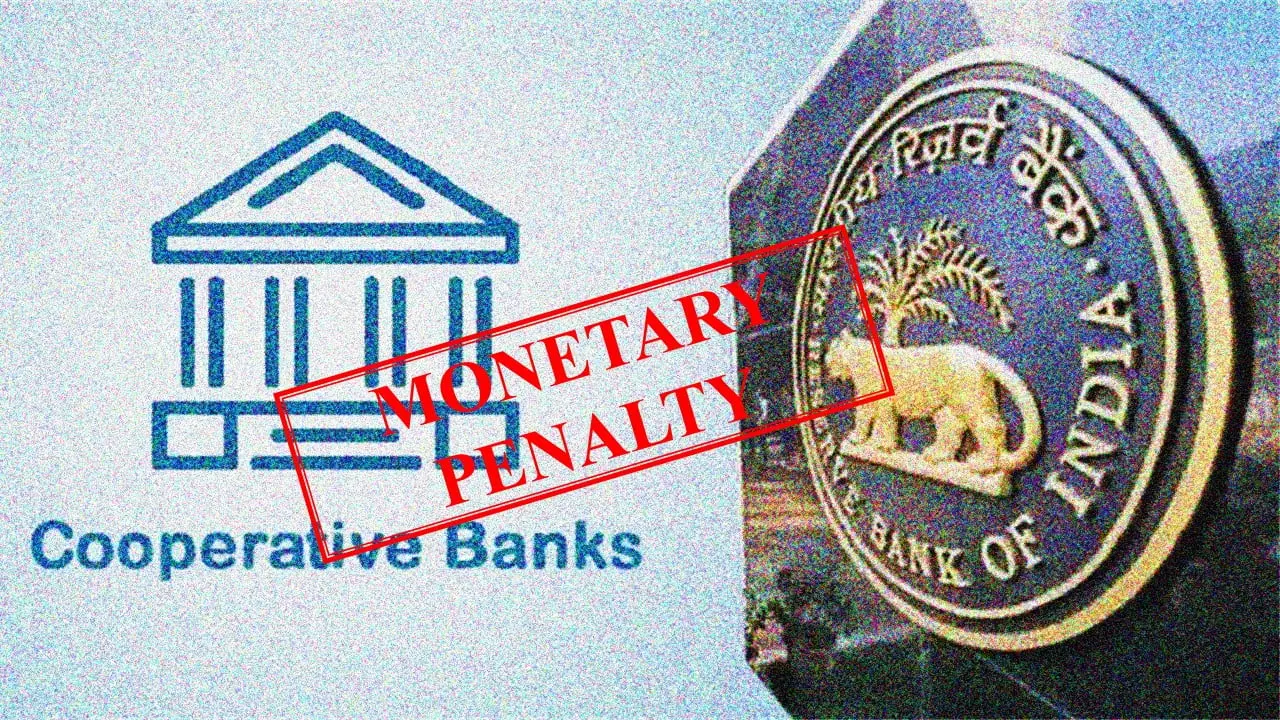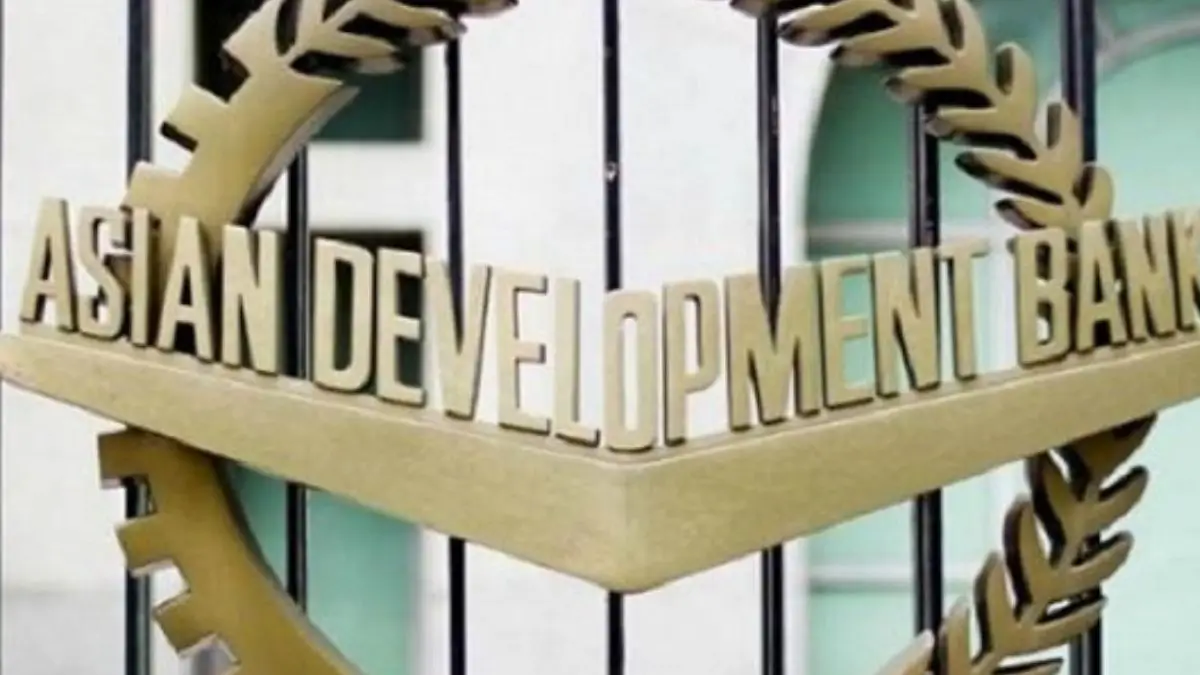RBI Imposes Monetary Penalties on Four Cooperative Banks
The Reserve Bank of India (RBI) recently made headlines by imposing monetary penalties on four cooperative banks operating in the country. This move has significant implications for candidates preparing for various government exams, including those aspiring to become teachers, police officers, banking professionals, railway employees, and civil servants like PSCS to IAS. In this article, we’ll explore why this news is important, provide some historical context, and offer five key takeaways that will help students prepare for their exams.

Why this News is Important
- Ensuring Financial Stability: The RBI’s actions to penalize these cooperative banks underscore the central bank’s commitment to maintaining the stability of India’s financial sector. This is crucial for candidates aiming to join the banking industry, as it highlights the regulatory framework within which they will work.
- Risk Management: For those aspiring to become police officers or work in the defense sector, understanding the intricacies of financial risk management is essential. The penalties on these banks serve as a real-world example of how regulatory authorities address issues related to risk and compliance.
- Government Policies: Aspiring civil servants, particularly those preparing for exams like the Indian Administrative Service (IAS), need to be aware of government policies and their enforcement. This news sheds light on how the RBI enforces its policies to maintain financial integrity.
Historical Context
To understand the significance of the RBI’s penalties on cooperative banks, it’s essential to consider the historical context. Cooperative banks in India have faced various challenges over the years, including issues related to governance, financial stability, and compliance. The RBI has periodically taken corrective measures to address these concerns and safeguard the interests of depositors and the financial system as a whole.
Key Takeaways from this News
| Serial Number | Key Takeaway |
|---|---|
| 1 | RBI has imposed monetary penalties on four cooperative banks for non-compliance with regulatory norms. |
| 2 | The penalties highlight the importance of strict adherence to RBI guidelines in the banking sector. |
| 3 | Candidates aspiring for roles in banking and finance should be well-versed in banking regulations and risk management. |
| 4 | This news underscores the RBI’s commitment to financial stability, which is crucial for India’s economic growth. |
| 5 | Understanding the historical context of regulatory actions is essential for a comprehensive grasp of the situation. |
Important FAQs for Students from this News
Q: What are cooperative banks, and why does the RBI regulate them?
A: Cooperative banks are financial institutions owned and operated by their members, primarily to cater to the banking needs of a specific group or community. The RBI regulates them to ensure financial stability and protect the interests of depositors.
Q: How does the RBI enforce compliance with regulatory norms in cooperative banks?
A: The RBI enforces compliance through regular inspections, audits, and by imposing penalties on banks that fail to meet regulatory requirements.
Q: How can this news impact candidates preparing for government exams?
A: Understanding this news is essential for aspirants in various sectors, as it highlights the importance of regulatory compliance, risk management, and the role of the RBI in maintaining financial stability.
Q: Are these penalties unique, or have cooperative banks faced such actions in the past?
A: Cooperative banks have faced regulatory actions in the past, emphasizing the need for candidates to be aware of historical context and regulatory dynamics.
Q: What are some key takeaways for candidates preparing for civil service exams like the IAS?
A: Key takeaways include the significance of the RBI’s role in financial stability, the impact of non-compliance with regulatory norms, and the broader economic implications of such actions.
Some Important Current Affairs Links

















